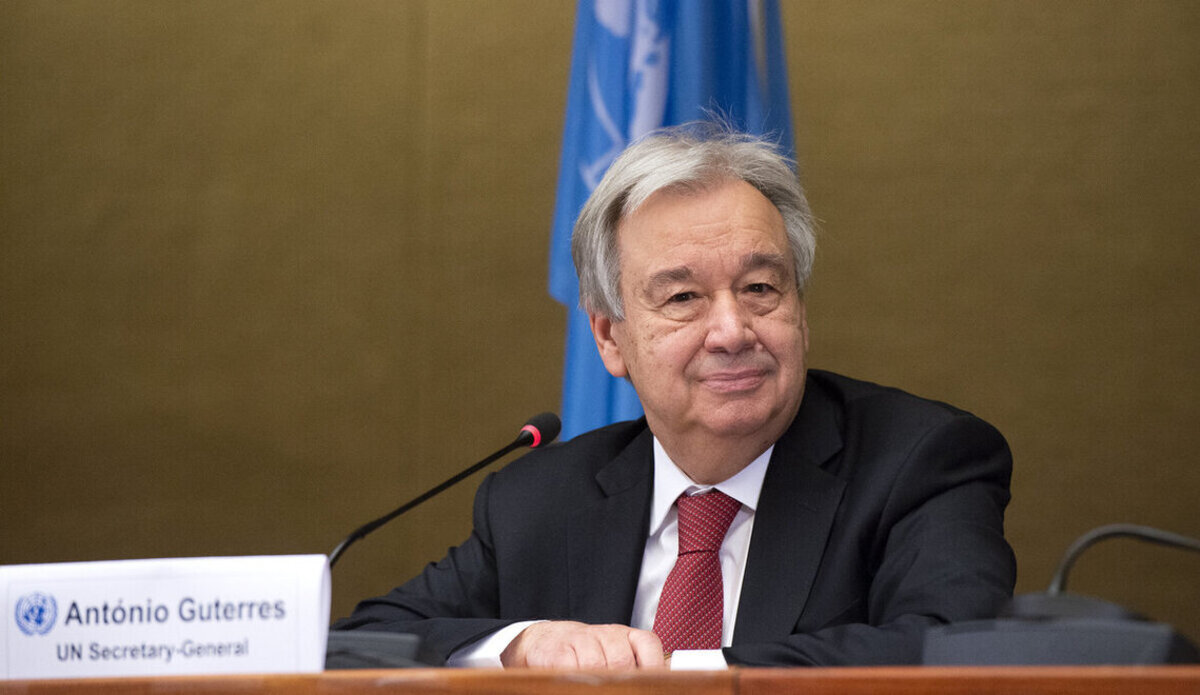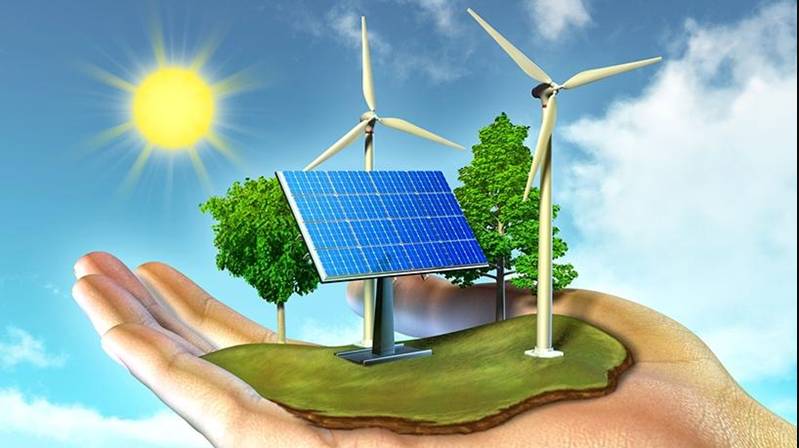The United Nations Secretary General, António Guterres, has called for a major increase in spending and investment for the sector’s Sustainable Development Goal (SDG) targets in the education sector to be realised.
In remarks made for the UN’s High-Level Political Forum on Sustainable Development (HLPF) this month (July 10-19), UN Secretary General stated that the current state of SDG 4’s goal to “Ensure inclusive and equitable quality education and promote lifelong learning opportunities for all” is weak.
According to recent research, about $100 billion is required annually to enable countries to reach their national goals for accomplishing Goal 4, according to Guterres.
According to him, “education systems must be reimagined, and education financing must become a priority national investment” in order to achieve Goal 4.
One advantage of making such an investment would be that it might improve universal education, which could help the other 16 SDGs, for which progress is also needed. In fact, the UN secretariat for the summit stated in a background note that science may save the SDGs by helping to buck a troubling trend.
Read also: TECNO, UNHCR support African refugee’s higher education
Role of Science and Technology in Agenda 2030
“We are not on track to achieve the SDGs at the halfway point of the 2030 Agenda for Sustainable Development,” the note stated.
The globe has halted or reversed on more than 30% of the SDGs, progress on 50% of them is inadequate and insufficient, and only 12% of the SDG targets are currently on pace.
But it went on to say that “science, technology, and innovation (STI) can play a critical role in disrupting business-as-usual practices to help the world change course and get on track to achieve these goals.”
The paper noted how “rapid scientific research and global collaboration” created vaccines to fight the COVID-19 pandemic, with technology like mobile applications helping to lessen the economic effects of the disease.
“Climate resilient technologies, such climate-smart agriculture, renewable energy sources, and satellite technology for tracking weather occurrences, can aid in resolving environmental and climate disasters.
Similar technology advancements might increase sustainability and efficiency to lessen resource scarcity, which is a root cause of both armed conflict and rising living costs, it said.
Funding for STI
Overall, the research said that science, technology, and innovation might “contribute immensely to advancing sustainability,” but that in order to do so, financing and priorities for science may need to be better aligned with sustainability priorities and the UN SDG 2030 plan.
Lachezera Stoeva, chairperson of the UN Economic and Social Council (ECOSOC), also spoke on Monday. She emphasised the value of innovation, technology, and high-impact partnerships between governments, civil society, the corporate sector, and academia in bringing about “meaningful change”.
We are halfway to 2030, yet the SDGs are still far from being accomplished, she claimed. “We’ve lost seven years, which is horrible news. The good news is that we still have seven years left to achieve triumph.
All of these meetings in New York are laying the groundwork for a significant SDG Summit that will take place on September 18–19, 2023, once more in New York.
This summit, which occurs halfway between the SDG process’s inception and its 2030 implementation target, will present “high-level political guidance on transformative and accelerated actions,” according to a UN notice.
The gender gap in green technology sectors
A summary of the presentations made to the preparatory forum this week by the functional commissions of the Economic and Social Council and other intergovernmental agencies and forums noted that one goal of future initiatives could be to address gender disparities in the green technology sectors.
The synthesis of submissions report stated that increased access to technical vocational education and training for women is required, especially those capacity-building programmes for educating women who are already professionals in green industries.
In a report for the forum, the Africa Regional Forum on Sustainable Development examined regional issues and recommended that the UN Economic Commission for Africa (ECA) “accelerate the evolution of an African-driven science and technology education in universities that includes indigenous knowledge and innovative approaches.”
Additionally, it asked African UN members to support open science, including free academic publishing, in line with UNESCO’s recommendations because it serves as “an essential framework for transformative international scientific cooperation.”
The school completion rate grew at the sub-tertiary level between 2015 and 2021 from 85% to 87% for elementary, 74% to 77% for lower secondary, and 53% to 58% for upper secondary, according to Guterres, despite his concerns regarding SDG 4. According to the secretary general, if SDG 4 is more successfully attained—”to better prepare learners of all ages for the future”—it will encourage the acceleration of all other SDG targets.
In an interview with University World News, Aurélien Decamps, managing director and co-founder of Sulitest, a significant UN Higher Education Sustainability Initiative (HESI) partner, acknowledged the need for additional work on sustainability, particularly in higher education.
How Egypt’s Educational Payment Startup, Klickit helps students
Need for green employability skills
There is an opportunity for specific tasks focused on employability and green jobs, knowledge and best practices, sustainability, and employability to reform the curriculum and give students the necessary tools for sustainability.
He said the liaison work of HESI is crucial because it helps “connect different stakeholders who are not used to collaborating,” helping to establish and progress new projects, in an interview with University World News in New York during the SDG conference sessions.
“This is an odd initiative. On this platform, academic networks, higher education institutions, and student organisations collaborate with 10 UN agencies.
He said that it was successful in connecting these governmental organisations with HE.
















